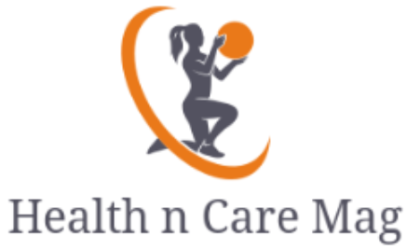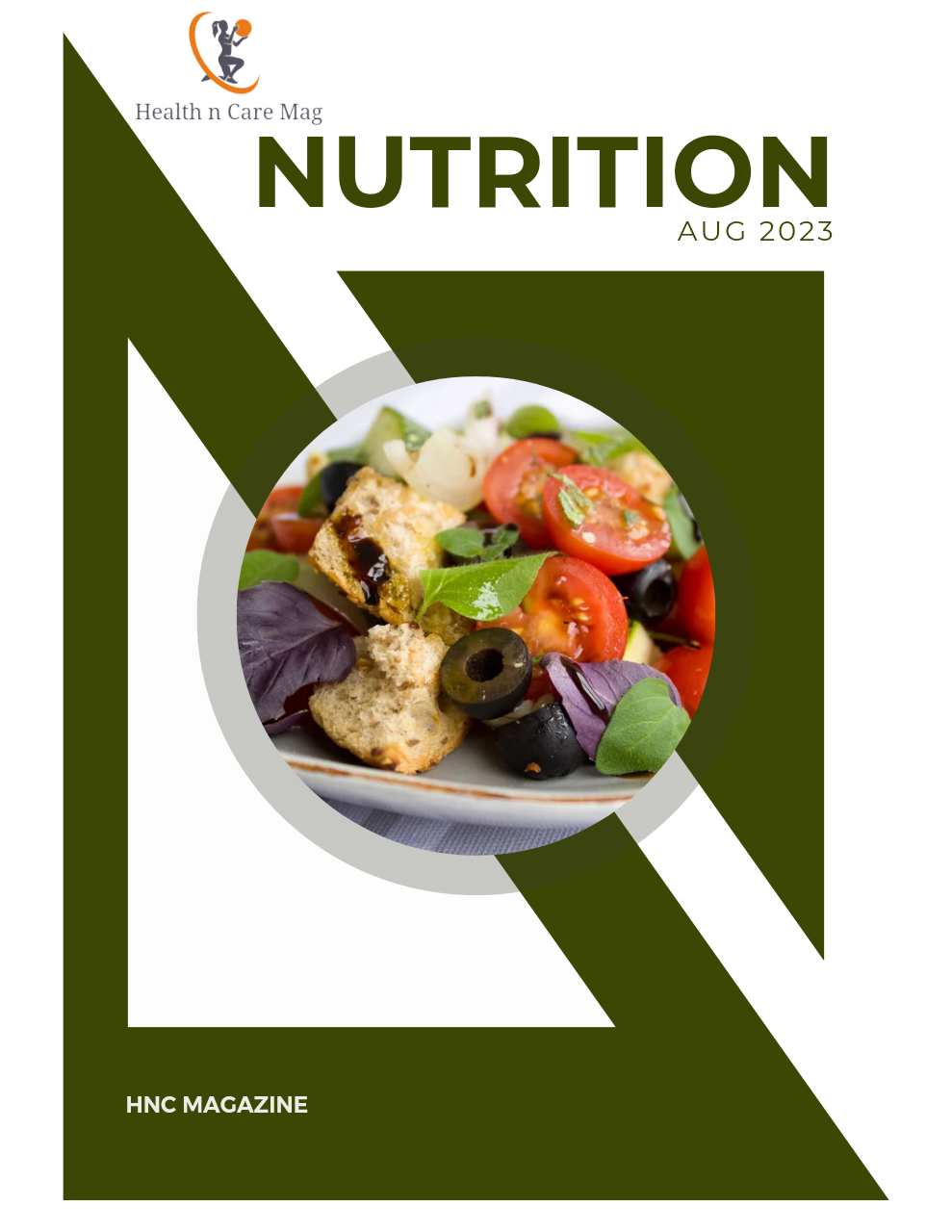A Better Diet And Regular Exercise Helps Minimize The Risk Of Falling In Seniors
Did you know that falling is the single largest problem faced by most seniors today, irrespective of whether they suffer from any chronic disease or not? In fact, statistics show that nearly 13% of people over the age of 65 and 31% of senior citizens between the ages of 81 and 84 are susceptible to falls and the injuries caused by them.
Contrary to popular belief, though, falls are not inevitable. By following a few simple tips and guidelines, falls can be minimized, and many can be prevented altogether. Two of the most important factors in minimizing the risk of falling in the elderly include following a balanced diet rich in vitamin D and calcium, and keeping to a regular exercise schedule. In addition to these main factors, there are several other steps that can be just as helpful. These include taking medications on time, ensuring that proper lighting is available in the residence and outdoors, wearing comfortable footwear and clothing, and discussing any side effects caused by medications with the caregiver, just to name a few.
Diet and Risk of Falling
Diet plays an important role in not only minimizing the risk of falling in seniors, but also the effect of such falls. As a person grows older, the levels of minerals, vitamins, and other important substances in the body decrease – specifically, the levels of calcium and vitamin D. While the lack of these two ingredients can cause harm in all people, it is more dangerous in the elderly because they are at risk of suffering from osteoporosis. Accidental falls or injuries that cause bone damage can be minimized with these two substances, which ensure that the damage does not become permanent or serious.
Including foods like milk, dairy products, green leafy vegetables, and fish in the diet, in addition to taking calcium and vitamin D supplements, will definitely go a long way in making certain that seniors do not suffer from a deficiency of these vital elements. Additionally, it is important to reduce the intake of sodium in the diet by refraining from eating excessive salt or pickles. This is important because excess sodium in the body causes a reduction in bone density, which could prove to be fatal for seniors. Similarly, it is important to avoid or limit the intake of alcohol, sodas, aerated drinks, and cigarettes, since their consumption leads to the reduction of calcium in the body.
How Exercise Can Decrease the Risk of Falls
According to experts, exercise alone can reduce the risk of falls in elders by almost 13%. What makes exercise more important and necessary for senior citizens is the fact that it boosts energy and helps manage or reduce pain and illness, while also ensuring seniors’ independence. Given that independence is something many senior citizens seek, exercise should be something they want to do anyway. Additionally, exercise also helps improve their mood and overall outlook, which is extremely important if the person is suffering from depression and other similar ailments.
– Myths about exercising: Despite the various advantages of exercising, many seniors refrain from indulging in it because of the various myths surrounding it. Many older individuals feel there is no point in exercising as the body is bound to get older anyway. Similarly, many believe that exercising is a sure way of using up all their strength and energy, which they would rather conserve for things they want to do. Others believe exercising will lead to falls because of the increased activity. And finally, a majority of senior citizens believe they are either too old to exercise, or that the presence of a disability means they cannot exercise. It is important to note that all these myths are wrong, and that there are different exercises that an older person can easily perform without experiencing excessive stress or pain. Moreover, it is important to understand that there are several exercises a person can do while sitting, which signals that being physically challenged does not mean a senior cannot exercise.
– Benefits of exercise: Exercising benefits the elderly in two ways: physically and mentally. Firstly, elders who regularly exercise are more likely to have an improved sense of balance and better coordination, and can maintain or reduce their weight according to their needs – unlike their counterparts who don’t exercise. As a person grows older, the metabolism becomes slower, which leads to weight gain. However, regular exercise boosts your metabolism, which in turn helps elders maintain their ideal weight and not put on too much weight. All these factors are extremely important in minimizing the risk of falling in the elderly.
– Mental benefits of exercise: Apart from the physical benefits mentioned above, exercise improves the self confidence of the elderly while also giving a boost to their mood. Similarly, it improves their sleeping pattern, which ensures that older people receive their required amount of rest and are always fresh. Finally, it helps improve the functioning of the brain by keeping it alert, which in turn ensures that the risk of falling is reduced.
Given the importance of exercise and diet in reducing the risk of falling in the elderly, it is imperative that a proper regime be created and followed. However, safety is equally important while exercising. Medical alert systems allow the elderly to exercise safely while offering assistance 24/7 in case of a slip and fall, or any other medical urgency. Consulting a doctor is also essential before creating a diet plan or exercise regime.
Personal Response Corporation is America’s most trusted provider of medical alarms. With their personal emergency response systems, Personal Response can meet the different needs and lifestyles of its customers, allowing them to live independent lives knowing they’ll be helped in a medical emergency.



